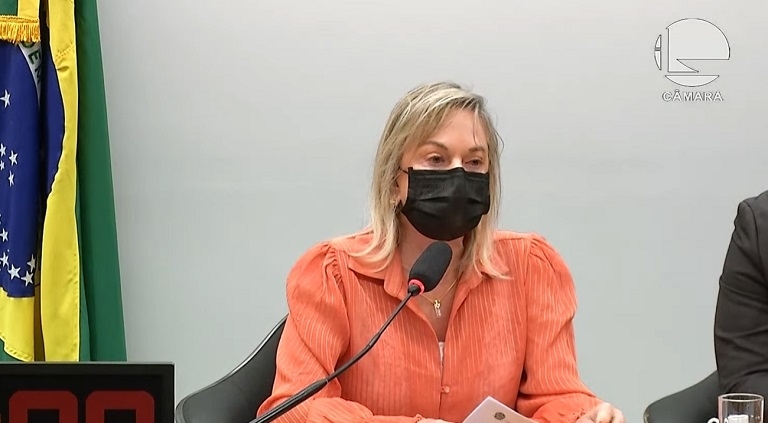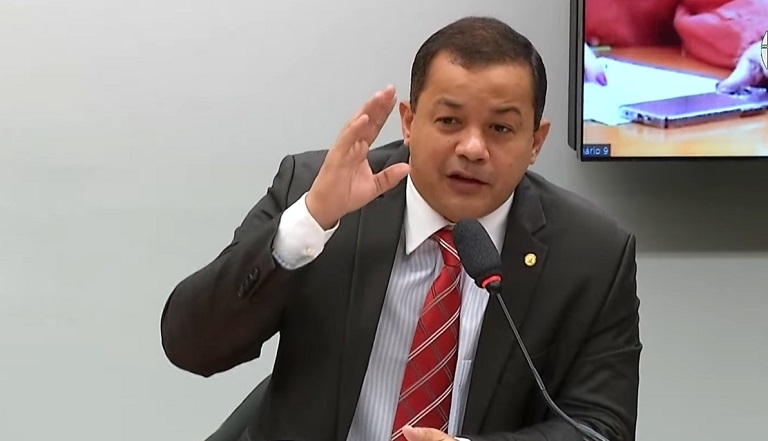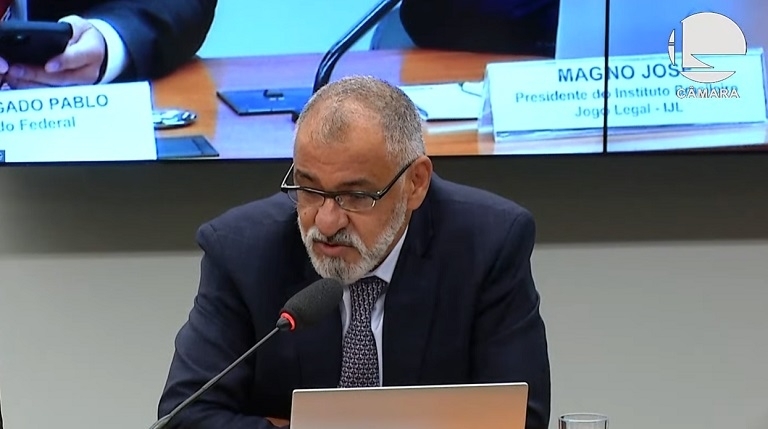

“I have been following this discussion for over 20 years and Brazil is eager for the gaming sector to be regularized. Brazilians like to bet and this discussion has to exist so that a regulatory framework for the activity is put on the table and voted on,” said Mofatto at the opening of the event.

Deputy Delegate Pablo (PSL-AM) stated that tourism, hotels and theme parks converge with the gaming sector. “This has to do with bringing people together in Brazil for economic recovery and the ability to recover after the pandemic. Talking about gaming is getting into controversy. We must imagine it as a social and recreational activity. It is an economic activity, but it is also part of our family core,” he commented.
For the deputy, a technical debate should be taken. “In 1946 President Dutra banned gaming in Brazil, putting an end to betting houses, hotels, resorts and jobs. It just didn't end gaming itself, as it remains thriving and borderless. Therefore, we need to end the myths that denigrate the sector's image, such as family and social disintegration, money laundering, corruption and addiction. We are losing in the country by covering the sun with a sieve and not regulating a strong activity,” he attested, highlighting the loss of tax collection and the non-generation of income and jobs by not regulating the sector.

Magno José, president of Brazil’s Legal Gaming Institute (IJL), once again defended the regulation of all modalities, in addition to highlighting that money laundering, one of the arguments of those against the sector, has no support, even tax/financial, as it is very expensive paying gambling tax to launder money. “We have more than 10,000 gaming establishments in the world, mainly 8,000 casinos, and if this were an environment conducive to money laundering, we would have scandals almost daily in this sector,” he quoted.
According to Magno, “the words of Deputy Bacelar (Pode-BA), President of the Chamber's Tourism Committee, that gaming is legal or illegal, as no gaming does not exist, are very pertinent. The prohibitive scenario has not changed the issue of gaming in Brazil and we are increasingly realizing that the unregulated offer in Brazil is huge,” he highlighted.
A study carried out by the IJL points out that official lotteries move R$17.8 billion a year, while savings bonds move R$22 billion, while games of skill and fantasy games, including poker, move R$ $5 billion. "Unregulated gaming - illegal and those in the gray zone, which are sports betting, already legalized but unregulated- move R$ 27 billion per year, with R$ 10 billion for sports betting and R$ 17 billion for bingos, slot machines, online gaming, jogo do bicho and overseas casinos. The sites spent this season R$ 55 million on advertising. An activity that spends this on media is because it is a profitable activity,” he pointed out.

Regarding the estimate of jobs, Magno mentioned that currently the unregulated activity employs 450,000 informal workers, without any protection from the State. “By regulating the sector, Brazil will be able to formalize this workforce and generate others, due to the increase in the supply of games, reaching almost 700 thousand people.”
Magno José mentioned the existing bills in Congress, with emphasis on Bill 442/91, in the Chamber of Deputies, and Bill 186/14, in the Senate. “There are proposals that defend the legalization of market demand and that is what the IJL defends, and there is another that proposes the regulation of casinos in integrated resorts. This model would be a disaster for the hotel trade, it would not represent so many jobs and tax revenues would take many years to enter the public coffers,” he explained.
For him, Brazil has to opt for the urban casino, which will stimulate tourism in different regions, and not just the integrated resort, in addition to authorizing bingos, jogo do bicho and other verticals. “The general movement of betting in a country represents 1% of the GDP. If we consider that Brazil's GDP was R$ 7.4 trillion, we would have R$ 74 billion, which is taxed at 30%, we are talking about R$ 22 billion, that is, it is this amount that Brazil fails to collect because it does not regulate the game activity,” he demonstrated.
In summarizing the meeting, Deputy Magda Mofatto highlighted that “mass casino is what Brazil is responsible for as an addition to leisure and tourism and it is extremely important for the country that we deal with the matter seriously.”
Deputy Bacelar, President of the Tourism Commission, concluded by saying that the presentations were very technical and enriching for more people to know the activity with their eyes turned to one of the most important economic activities to contribute to the country's post-pandemic recovery.
Source: GMB